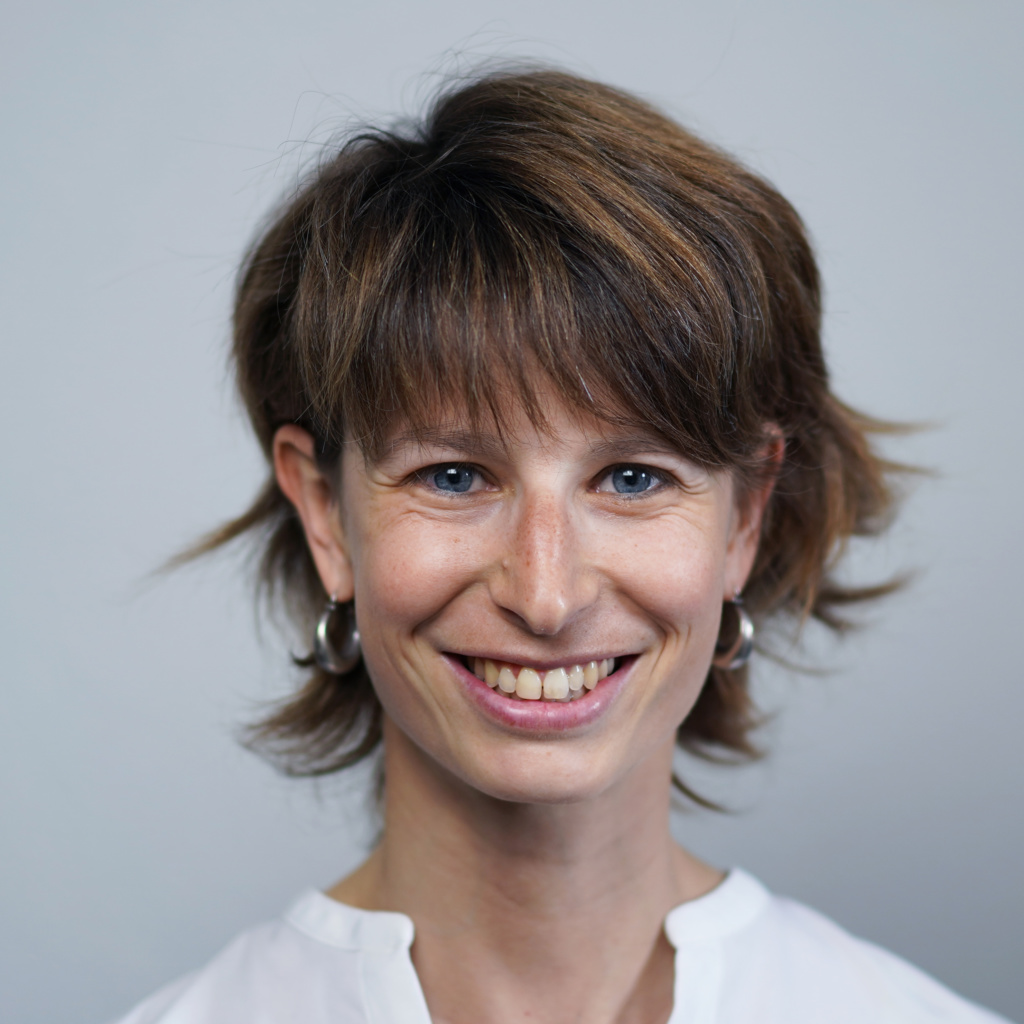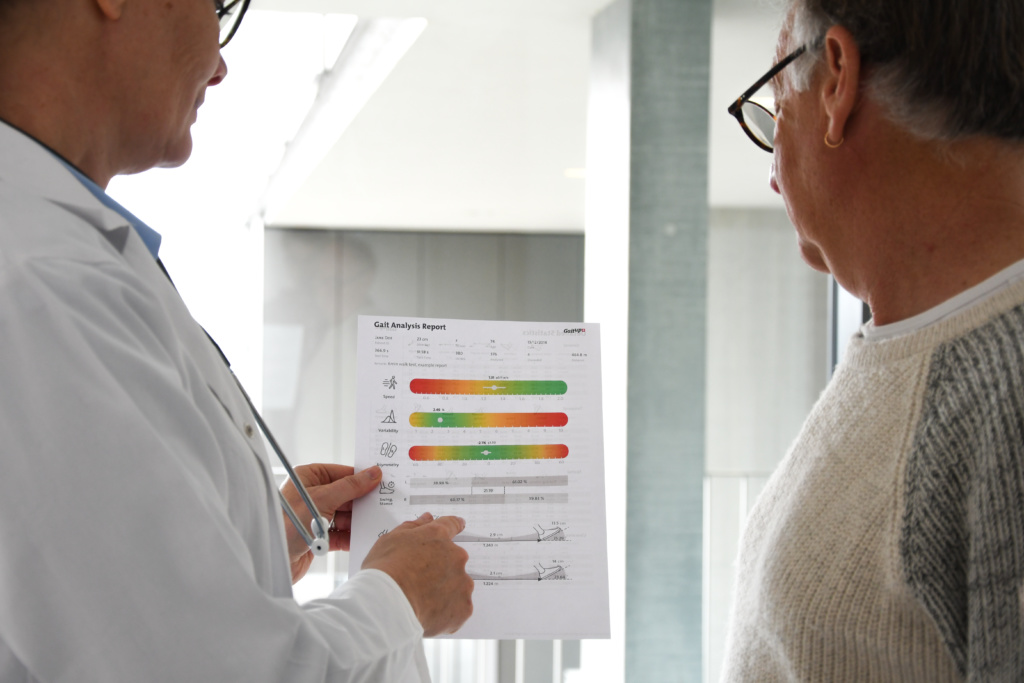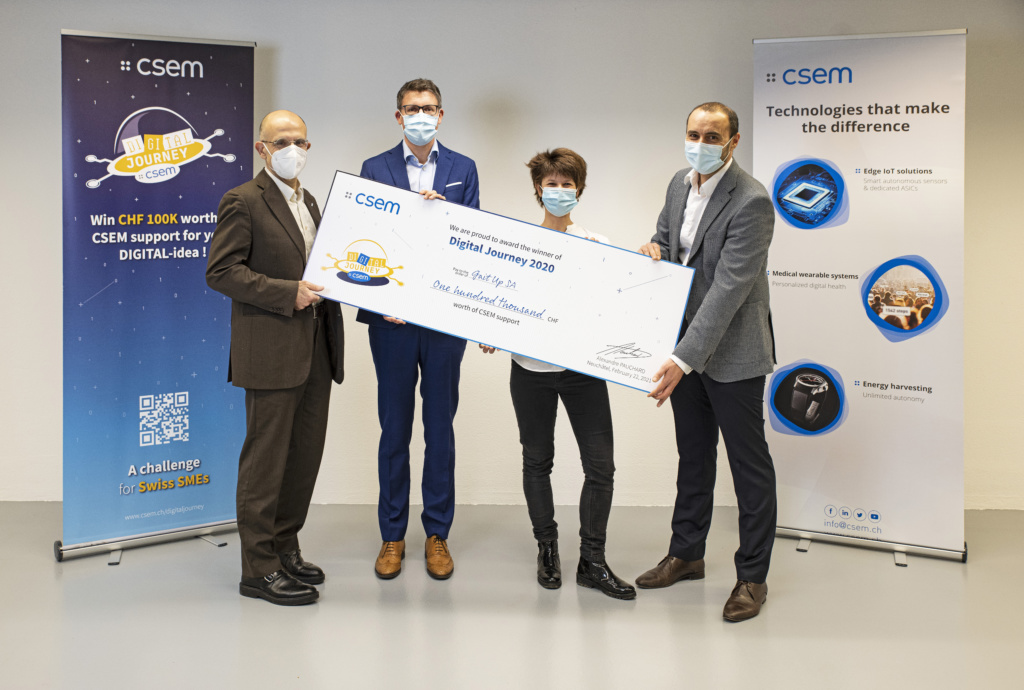Cléo Moulin
Clinical Innovation Manager
Q: As the Clinical Innovation Manager at Gait Up, what does your role entail?
A: “Motion is the 6th vital sign and an effective biomarker to predict adverse medical outcomes. Gait Up provides a simple, easy, and cost-effective ‘motion assessment’ platform to track human mobility on a large-scale, heralding the use of motion biomarkers and digital endpoints in routine care.
“As Clinical Innovation Manager, I enjoy imagining new solutions based on motion wearables to help people move better and safer. In daily life, this translates into supporting our partners running clinical investigations, managing projects, translating the customers’ needs into solutions with our technical team, and staying up-to-date with the latest clinical evidence.”
Q: What prompted you to pursue a career in a field of scientific study?
A: “As a kid, I always enjoyed solving problems and science. I hesitated between becoming an engineer or a doctor, so as a Swiss compromise, I opted to become an engineer in biomedical technologies. Developing solutions that can directly have an impact on a patient’s life is very rewarding.”
Q: Were you ever nervous about entering this arena as a woman?
A: “No. But maybe I was a little nervous on my first day entering the EPFL auditorium with 150 students and only three other women hidden in the crowd!
“But I think I have always enjoyed the ‘extra challenge’ of being a woman in an environment crowded with men as I enjoyed proving that the engineering profession has no gender. I was lucky to surround myself with friends and colleagues who are as respectful to a woman as they are to a man.”
Q: Has anyone ever supported or mentored you during your career?
A: “Of course, my parents always supported me when I decided to take the career path that I chose and they always keep telling me that they are very proud of me. Later, I met my partner studying engineering abroad, and I would say he is now my biggest supporter.”
Q: What advice would you give to a young female considering a career in science?
A: “Science is fascinating and needs more female brains! If a youngster likes understanding how the world functions, I would say that becoming an engineer is a great adventure and brings lots of exciting and rewarding opportunities.”
Q: What achievement are you most proud of during your career?
A: “I am always very proud to see patients benefit from the solution we have created. It is impactful to see a child with cerebral palsy trying to show their best walking performance because they are motivated to see their motion assessment record with our system.”
Q: How do you think the ‘women in science’ landscape will look 10 years from now?
A: “I am optimistic. I hope – and I am quite sure – that there will be more women in science in 10 year’ time. To get gender equality in any type of profession, it is key to have gender-neutral education, great role models, and societal support for working mothers.
“I recently discovered that society tends to treat my baby boy differently to my little girl, so I believe we should all start from early on to give them the same choices!”



